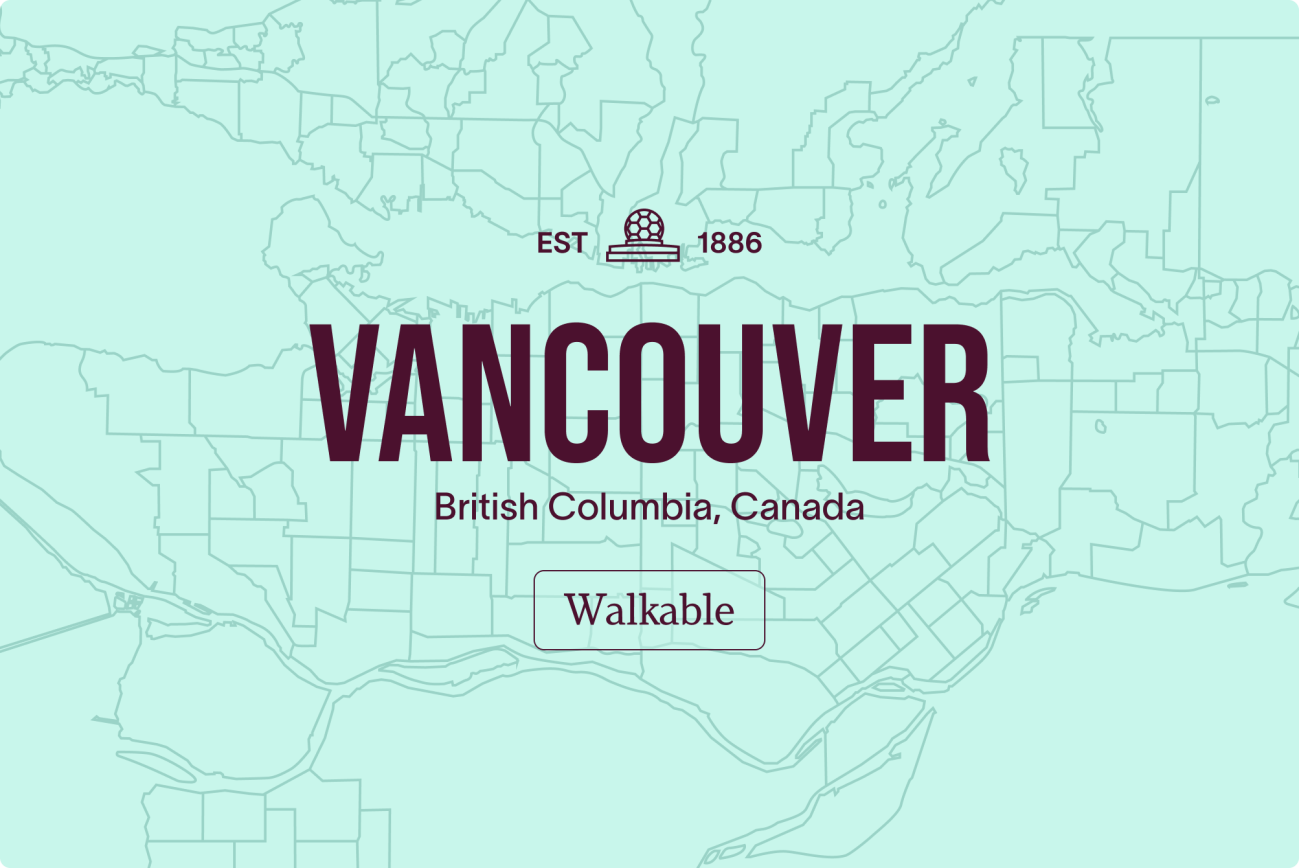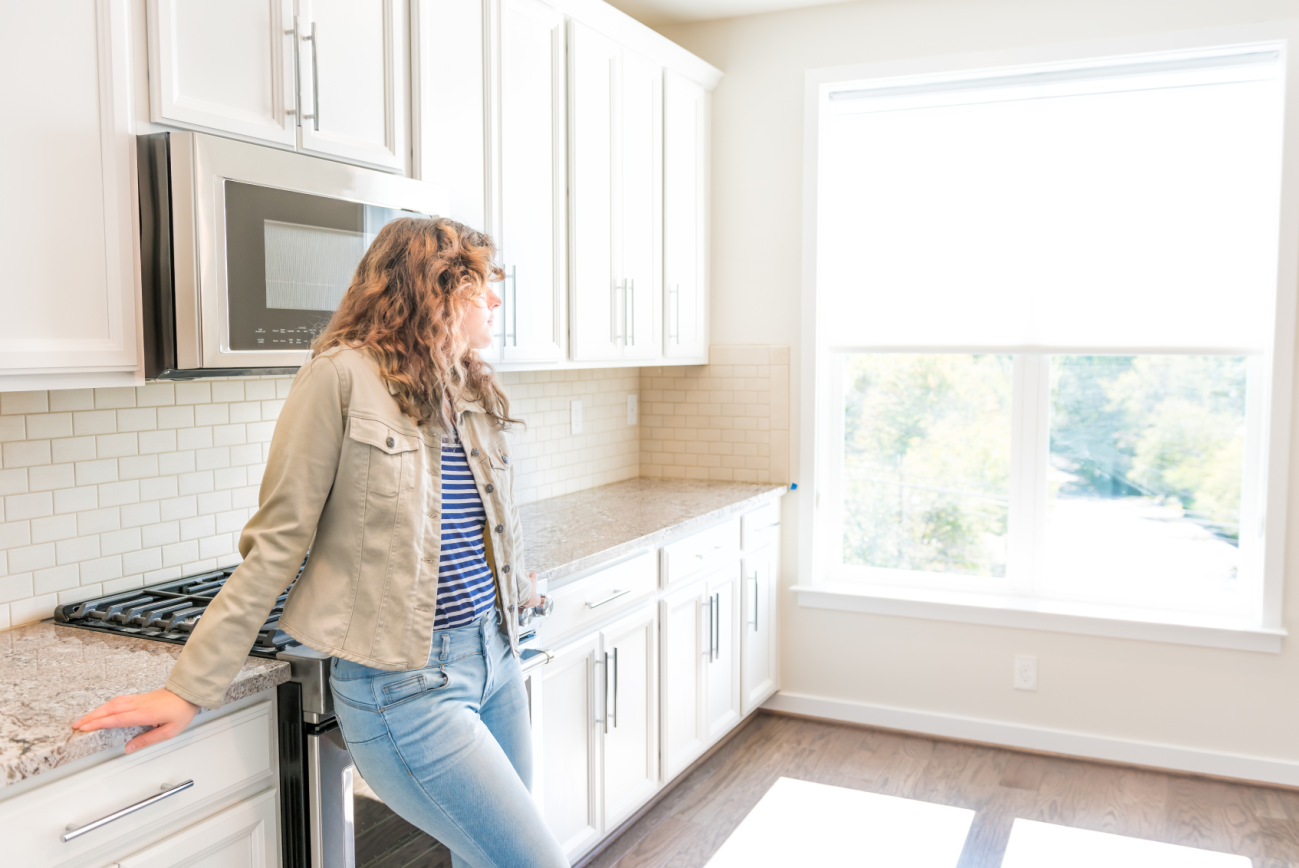Home tours are an important step in your property search, so knowing how to view a house for sale will ensure you make the most of this exciting time in your journey toward home ownership.
How to view a house for sale: schedule a home tour
Before you think about scheduling home tours, it’s important you have a clear idea of what you’re looking for. Knowing your must-have and nice-to-have criteria will allow you to create a shortlist of properties that could be worth a closer look in person.
As you look at homes online, you can then filter your search based on the features you need and want. Perhaps a third bedroom is a necessity, but a backyard is a bonus. But no matter what you’re looking for, having a good sense of this in your own mind will really help you narrow in on the homes that could be the right fit.
Creating and saving lists of your favourite homes can help you stay on top of your search. You can make your own document or, on Houseful.ca, you can save your favourites directly in your account as you search.
You can then arrange your lists in any way you find most helpful, including by location, price or specific search criteria, such as number of bedrooms. You could even use this feature to save a list of homes you’d like to view. You can then opt in to receive email alerts about any of the listings you’ve liked.
Beyond helping you keep track of your favourite homes, you can also share your list with your real estate agent, who may be able to provide further insight or come up with additional homes for sale that might fit your search criteria. Agents are often the first to know when new listings hit the market, so keeping an open line of communication with them will help ensure you don’t miss the latest homes for sale.
How to schedule a viewing of a house for sale
If you’re working with a real estate agent, they will ask you about your availability and then coordinate with the listing agent to schedule house tours on your behalf. Sometimes they will recommend you do multiple viewings in one day, so if you’re doing tours back-to-back then they’ll likely allow up to 45 minutes for the tour itself, along with travel time in between. Your agent will often attend the tours with you and can help answer any questions or flag any issues.
Coordinating viewings takes very careful coordination and you may need to be flexible to accommodate the seller’s schedule. Make sure you have a note with the date, times and any other important instructions, such as entry codes, before you begin your tours.
It’s always recommended to confirm a tour the day before the viewing to ensure it’s still on track.
What to do when viewing a house for sale
A house viewing typically takes between 15 and 45 minutes, so you are going to want to make the most out of the visit while you’re there.
It can be helpful to bring your measuring tape in case you want to measure any walls for your own furniture, as well as a checklist of any important factors to evaluate, such as room sizes, condition and potential renovation needs. You should look out for any red flags while you’re house hunting, too. For example, is there a damp smell when you walk in the door, water stains on the ceiling or standing water in the yard? These can all be signs of bigger issues, so you’ll want to be aware of them as you make your assessments of the homes.
Detailed notes on your phone or in a notepad with your impressions, concerns or questions is a great way to keep track of each home you see, especially if you’re looking at multiple homes in one day. You can also take photos with your smartphone or camera for reference later. Remember, however, that you are in someone else’s home, so always be respectful of their privacy.
As well as the inside of the home, you should also take some time to evaluate the surrounding neighbourhood and community.
Questions to ask during house viewing
A home viewing is a great time to get answers to the questions you might not find on a listing.
Questions about the sale
Asking questions about the sale can provide useful intel about the home and the seller’s position, which could help when it comes to negotiating on the price.
Why are the sellers selling?
This may help you uncover if there are any issues with the home, which are driving the current owners away, or if it’s just a personal reason, such as they’d like more space.
How long has the home been on the market?
The length of time a home has been on the market can indicate if there are any issues with the home, that the seller isn’t willing to negotiate or that it’s just a slow market.
Have there been any offers?
Finding out if there are any offers on the table will help you know how much time you might have to put in an offer yourself. However, if there have been multiple offers which have all fallen through, then you’ll want to ask further questions to find out why and perhaps adjust your offer accordingly.
Has the price changed since it was listed and why?
A drop or increase in the price could be indicative of the market, but it could also mean that the seller has had an inaccurate perception of the home’s current market value and you’ll want to find out why.
Does the seller have a timeline?
Think about how this may or may not align with your own timeline.
Questions about the home’s history
Are there any problems with the home?
Legally, the owners have to declare any structural or code issues in the Property Disclosure Statement (PDS), but it’s always worthwhile asking directly.
Has the home had any renovations or upgrades?
Knowing of any recent renovations or upgrades may help you plan ahead in terms of what you may want or need to do to the home after you move in. You should ensure that any renovations they’ve made are up to code, although the home inspector will confirm that, too. The timing of any new upgrades, like roofing, siding or the heating and cooling system, will give a good indication of when you may have to make later upgrades of your own.
Questions about living in the home
How much are the utilities?
Once you know the energy sources of the home and how much they cost, you can decide if it works with your budget and whether you may need to invest in the home’s energy efficiency further down the line.
Are there any condo or strata fees?
Condo fees, also known as strata fees in B.C., are used to pay for the upkeep of common areas in condo apartments or townhouses. If applicable, you will want to include the cost in your budget plan.
What’s it like to live in the neighbourhood?
You can get a good sense of the neighbourhood by looking around yourself, but asking the seller directly may reveal some other interesting information about living there. Depending on your needs, you may ask about amenities, like grocery stores and public transit, or the best local schools. It can also be helpful to understand the demographic of people living there and how that may align with the stage of life you’re in.
What to do after viewing a house for sale
After multiple home viewings, it’s time to make some decisions. Gather and review all of your notes and photographs to rule out the homes on your list that didn’t fit the bill and then identify the elements you did like about the rest. For those on your shortlist, you should look at the numbers and see how they align with your budget. This is where the answers to your questions from the tour will be especially helpful.
Even for the homes you’re not interested in buying, it’s worth identifying the features you didn’t like about the house and sharing them with your real estate agent. This will give your agent a better opportunity to find homes that might be a better fit.
For the homes you do like, you should follow up with your agent to express your interest, request additional information or, if time allows, arrange for a second tour. If you found out that there has been lots of interest, you feel that the home is the right one for your needs and budget or that there’s already another offer on the table then you may have to move quickly on pulling together your offer.
Your agent will be able to guide you on how much to offer based on current market conditions, the seller’s position and comparable property sales in the area.
Houseful is here to meet your home ownership needs
Whether you’re just starting out or ready to move in, Houseful offers personalized insights, intuitive tools and expert advice tailored specifically to you. Visit houseful.ca to see what’s out there for you.




